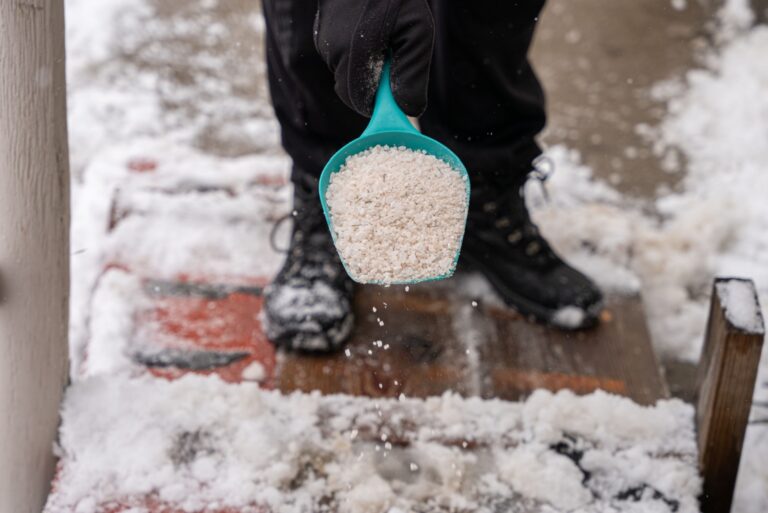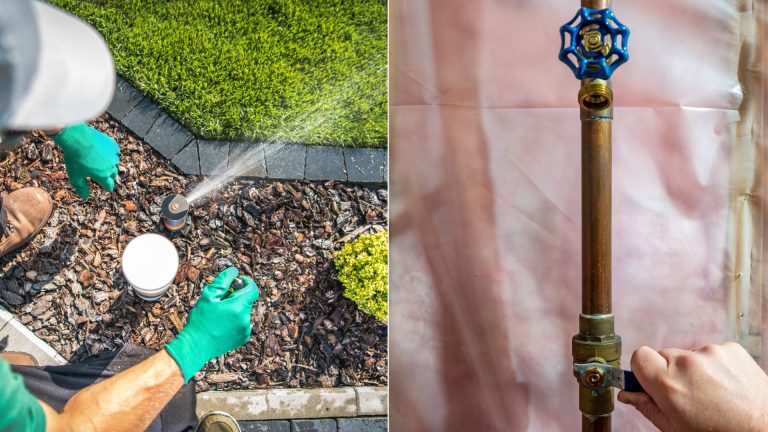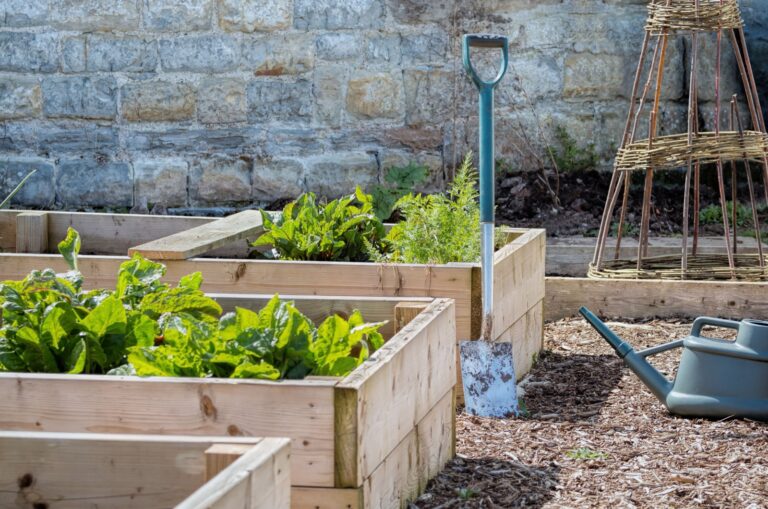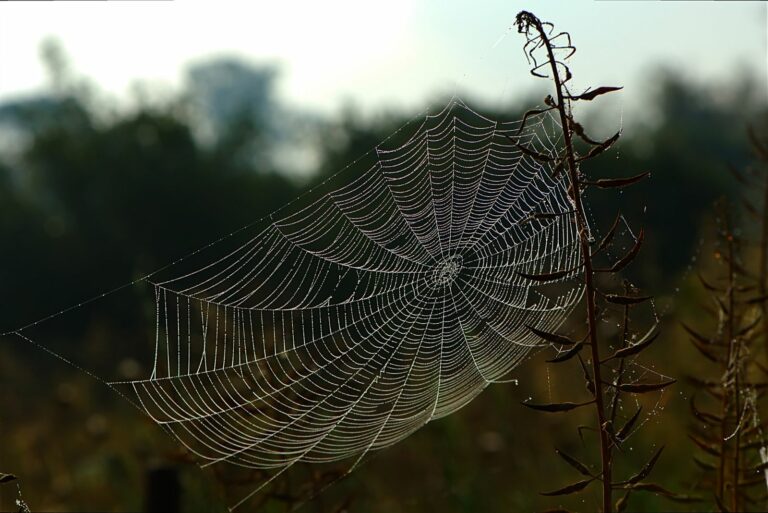18 Common Garden Tools That Could Be Banned Sooner Than You Think
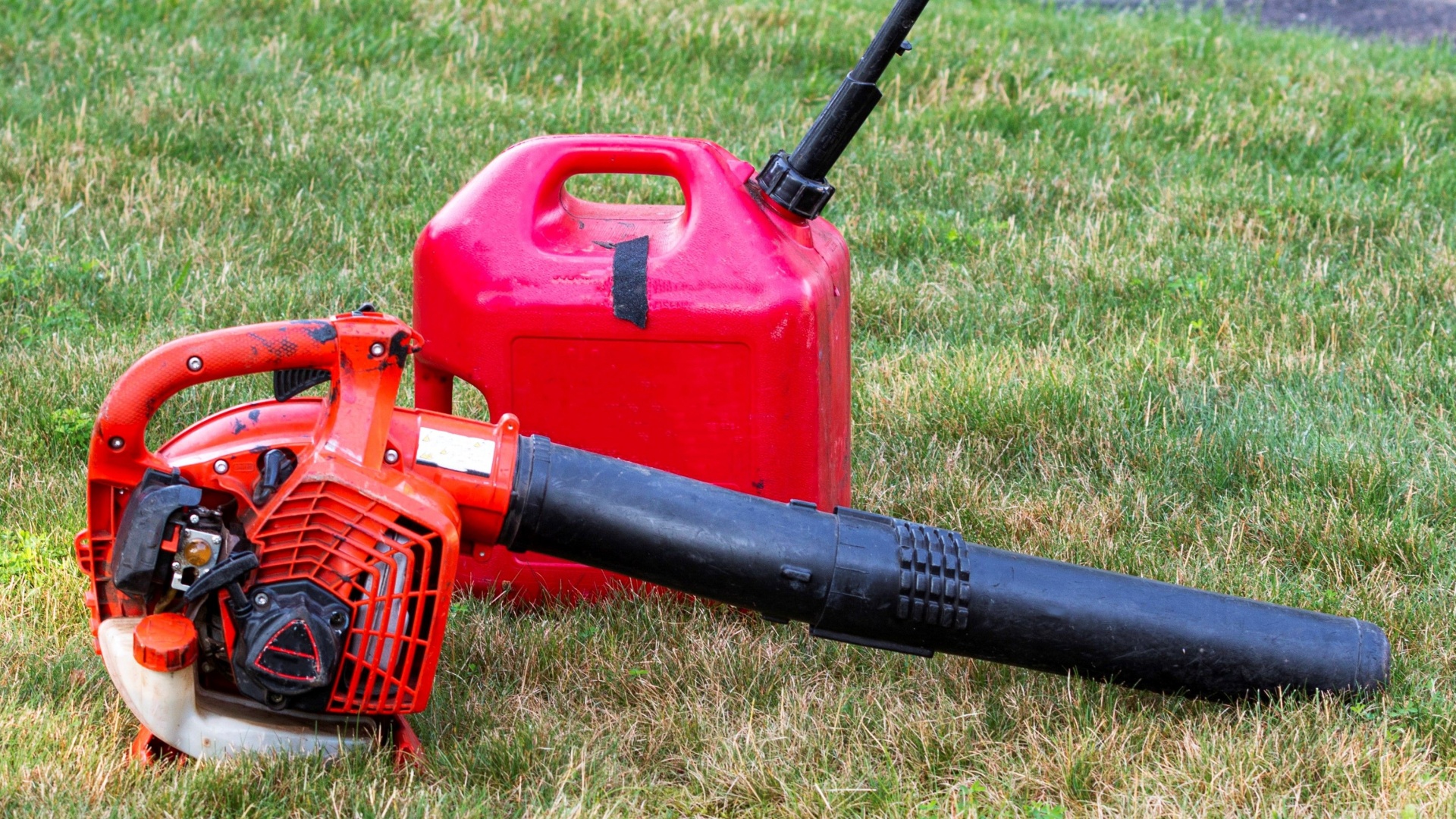
You might want to take a second look at what’s hanging in your shed. Some of the most common garden tools—ones we’ve all used for years—are now facing bans in certain areas due to noise, emissions, or safety concerns.
From gas-powered staples to surprising everyday items, here are 18 tools that could soon be off-limits in backyards like yours. Better to know now than get caught off guard.
1. Gas-Powered Leaf Blowers
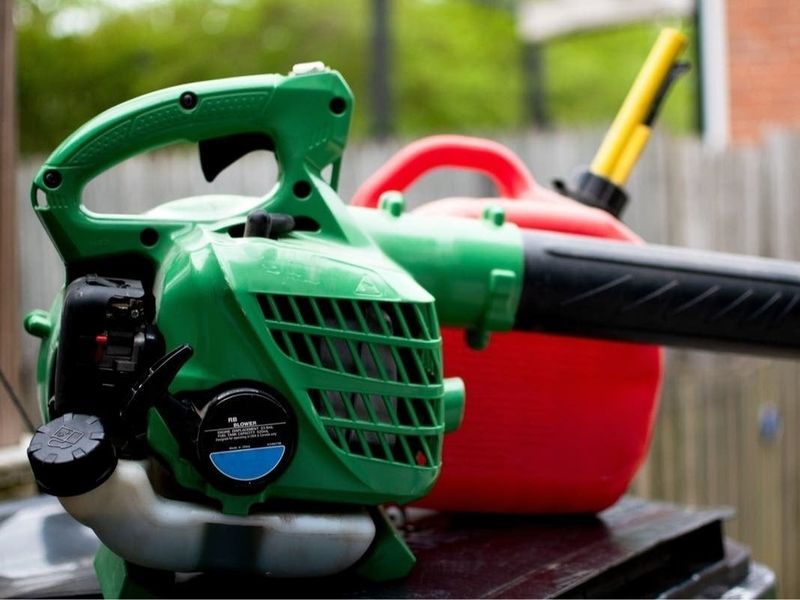
Many neighborhoods already restrict these noisy machines during certain hours, but complete bans are gaining momentum. The two-stroke engines in gas leaf blowers produce more pollution in one hour than driving a car hundreds of miles.
California has already passed legislation phasing them out entirely by 2024, with other states likely to follow. Manufacturers are now focusing on quieter, cleaner battery-powered alternatives that produce zero emissions and significantly less noise.
2. Chemical Weed Killers Containing Glyphosate
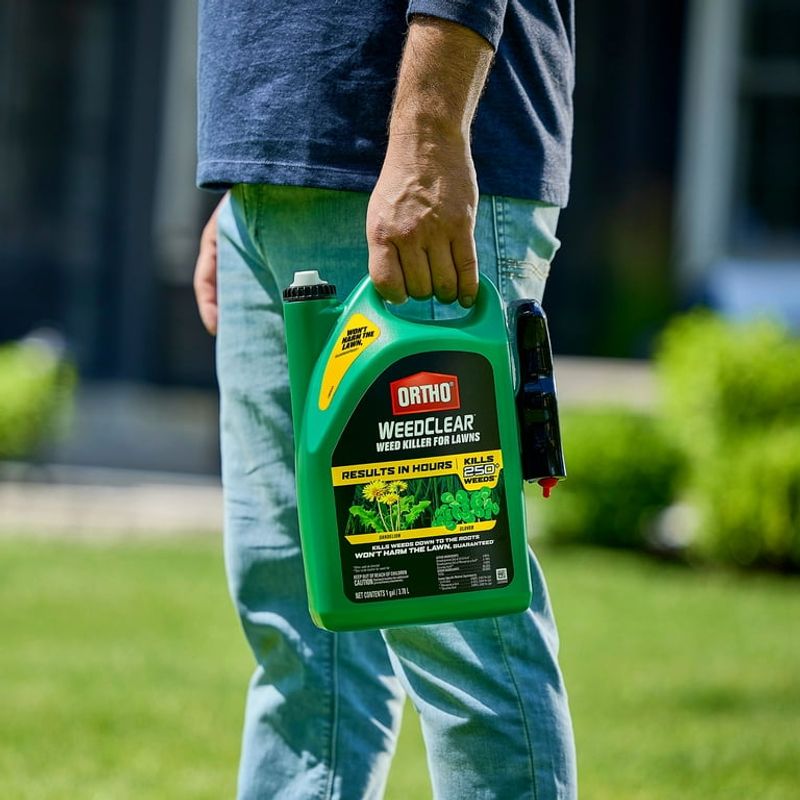
Found in products like Roundup, glyphosate has been linked to cancer in several high-profile lawsuits. Regulatory agencies are taking notice as scientific evidence mounts about potential health and environmental risks.
Several countries have already restricted or banned these herbicides in residential areas. Homeowners might soon need to rely on natural alternatives like vinegar solutions, corn gluten meal, or good old-fashioned hand-pulling to manage unwanted plants in their yards.
3. Wood-Burning Fire Pits

Those cozy evening fires might become a thing of the past in certain regions. Smoke from wood burning contributes significantly to air pollution, especially in densely populated areas with air quality challenges.
Cities like Los Angeles and Denver have already implemented no-burn days when air quality is poor. The trend is moving toward natural gas or propane alternatives that produce fewer particulates. Sadly, the crackling sounds and distinctive aroma of burning wood might become a nostalgic memory.
4. Gas-Powered Lawnmowers
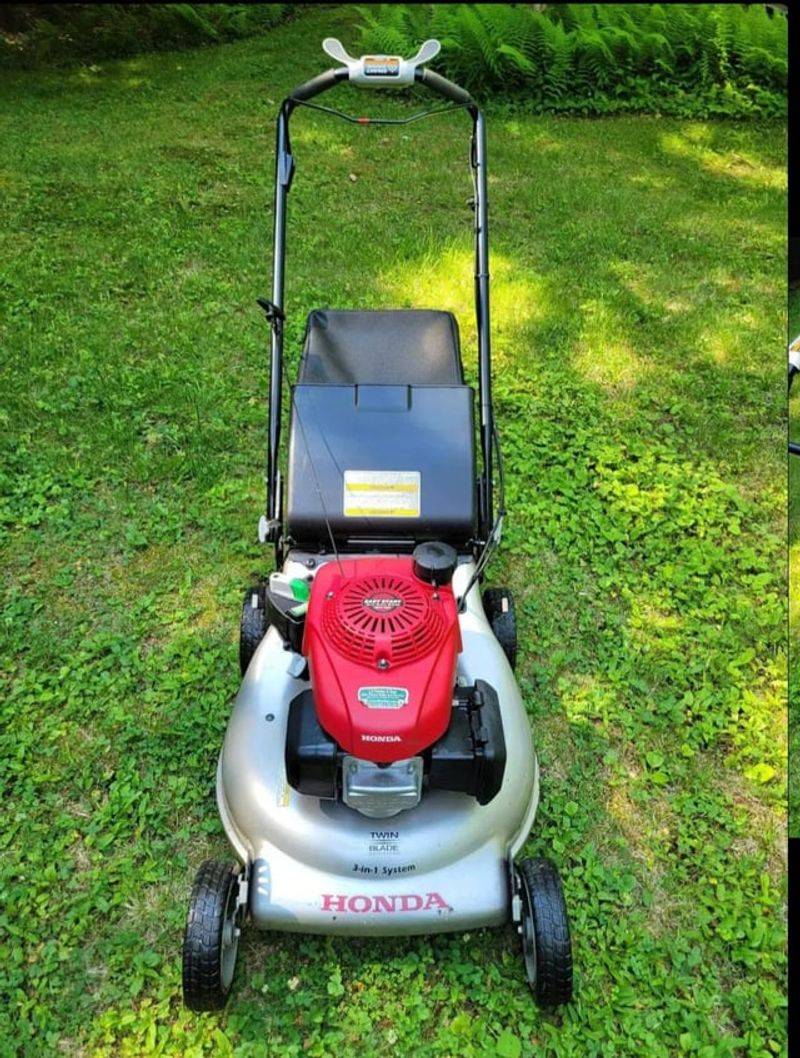
The familiar weekend sound of gas mowers could fade away as emissions regulations tighten. A typical gas mower produces as much pollution in one hour as driving a car for 45 miles!
California leads the charge with legislation targeting small gas engines, and other states are watching closely. Electric and battery-powered options have improved dramatically, with some models matching gas power. Robot mowers that quietly trim your lawn automatically are also gaining popularity.
5. Certain Types of Outdoor Lighting
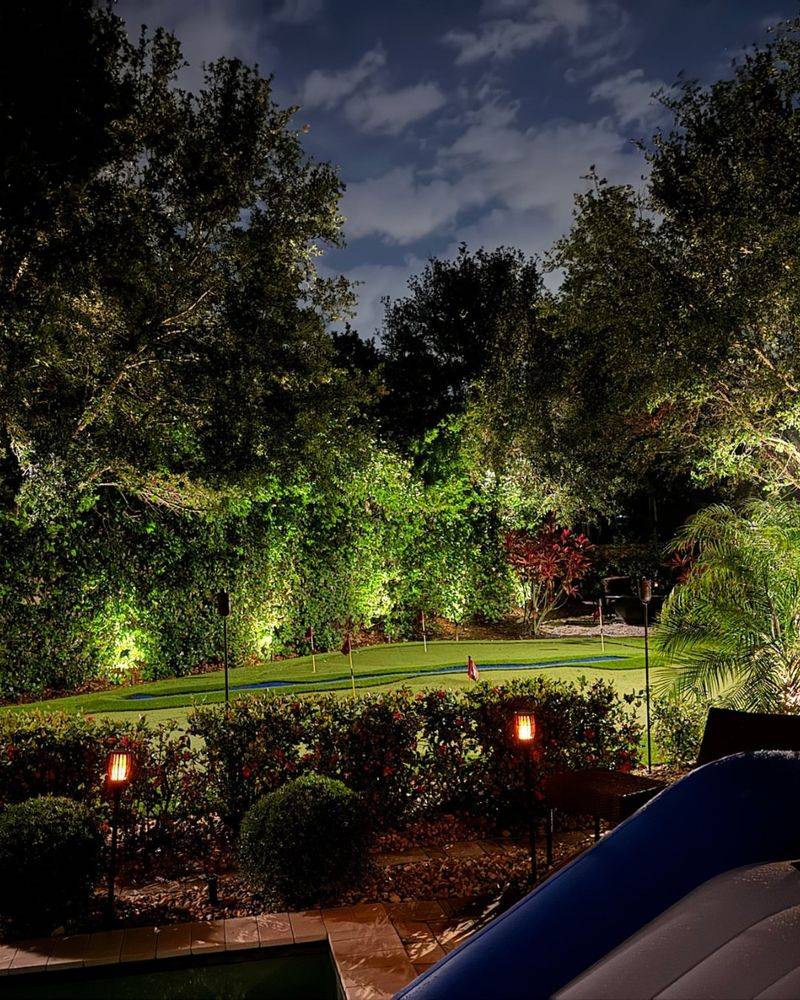
Bright outdoor lights that cause light pollution are facing increasing restrictions. Many municipalities are adopting dark-sky ordinances that limit the brightness, direction, and color temperature of outdoor lighting.
Particularly problematic are blue-rich white lights that disrupt wildlife and human sleep patterns. Future backyard lighting will likely need to be shielded, directing light downward, and use warmer color temperatures. Motion-activated systems may become the standard to reduce unnecessary illumination.
6. Certain Pressure-Treated Woods
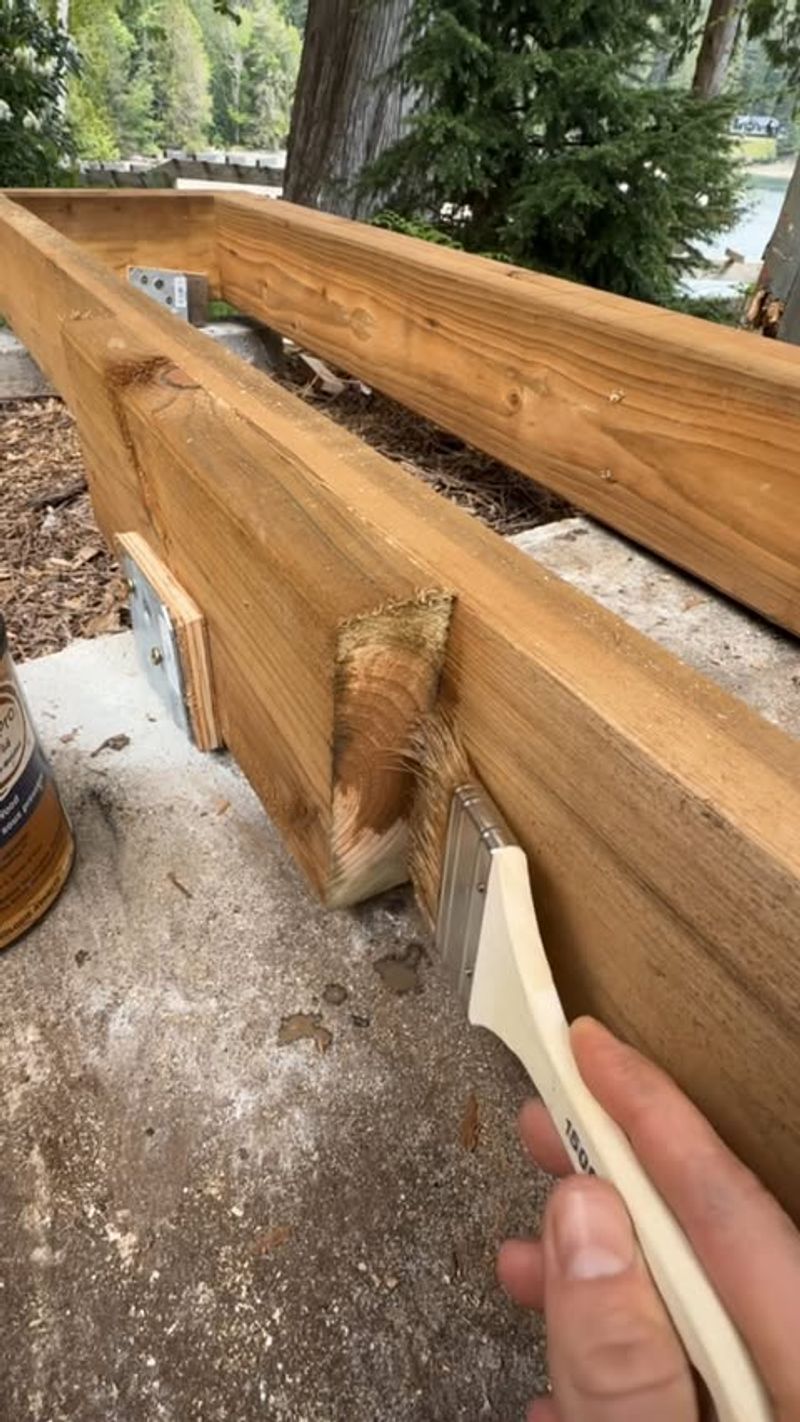
Remember those green-tinted deck boards? Many were treated with chromated copper arsenate (CCA), which contains arsenic and was banned for residential use years ago. Now, newer preservatives are coming under scrutiny too.
ACQ (alkaline copper quaternary) and other treatments leave chemicals that can leach into soil over time. Regulatory agencies are considering stricter limits on these chemicals in backyard structures. Natural alternatives like cedar, redwood, or composite materials may become the only options for decks and raised beds.
7. Artificial Turf With Rubber Crumb
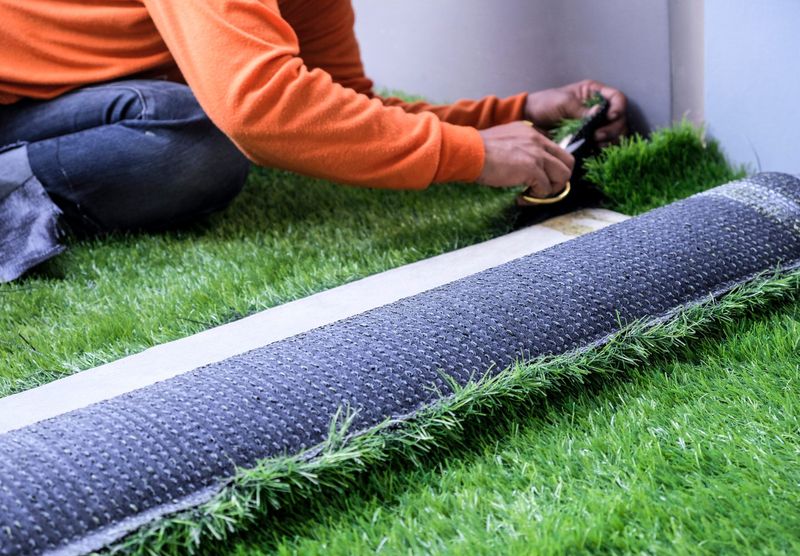
Those little black rubber pellets in artificial grass are typically made from recycled tires and contain potentially harmful chemicals. Research suggests these may leach into groundwater or create health risks through direct contact.
Several communities have already banned crumb rubber infill in public spaces. Homeowners who want low-maintenance lawns might soon be limited to natural alternatives like cork infill or newer synthetic options. Some places may even require permits for any artificial turf installation.
8. High-Volume Irrigation Systems
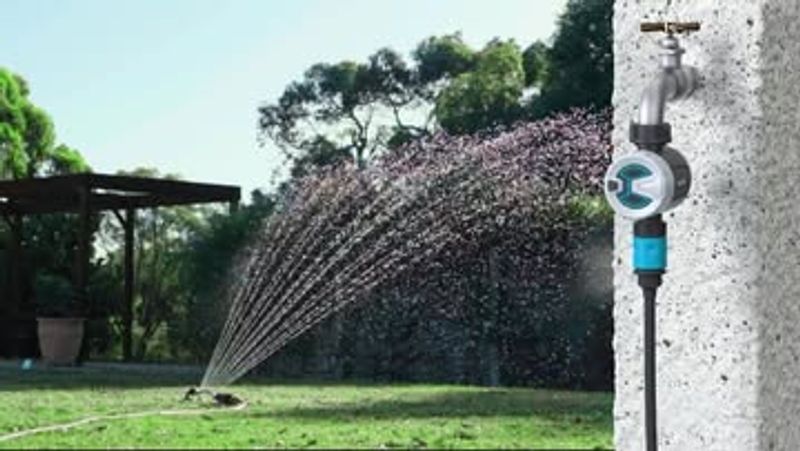
Traditional sprinkler systems that spray water into the air are incredibly wasteful, with up to 50% of water lost to evaporation and runoff. In drought-prone regions, restrictions are tightening every year.
States like California, Nevada, and Arizona have already implemented strict watering schedules and volume limits. The future points toward mandatory drip irrigation systems, smart controllers with weather monitoring, and limits on how much yard can be watered. Xeriscaping with native plants might become the only practical option.
9. Non-Native Invasive Plants
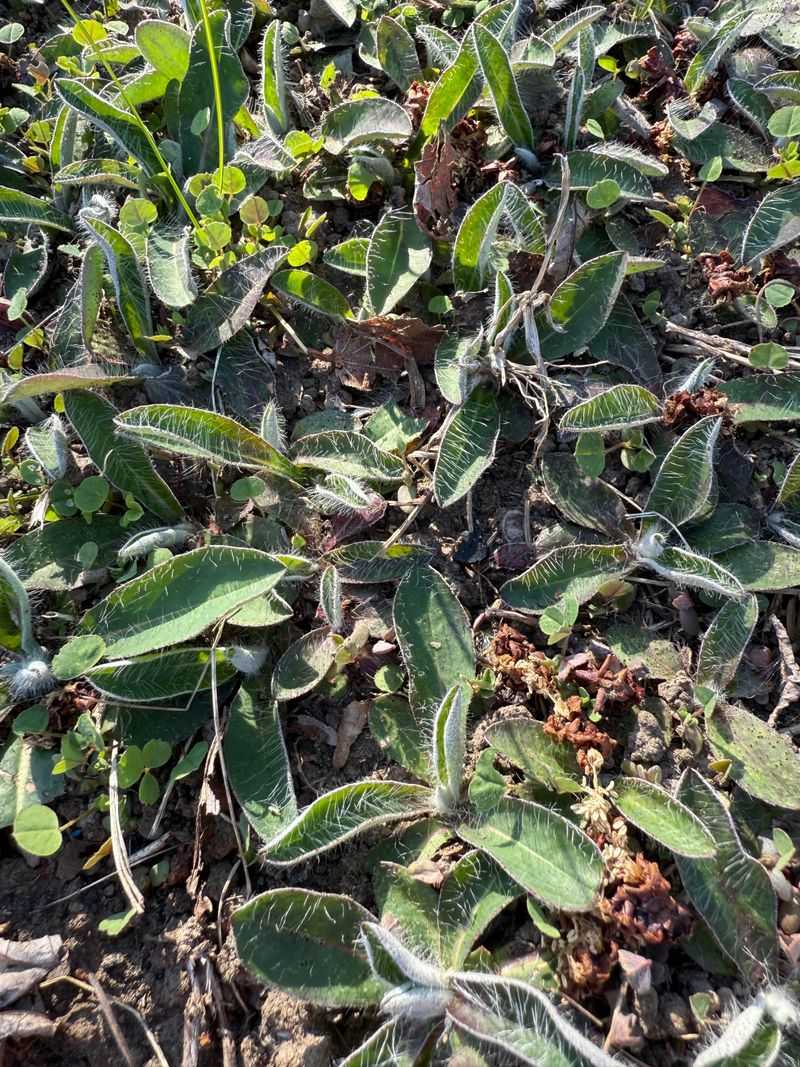
That beautiful ornamental plant could soon be illegal to grow! Many popular backyard species like English ivy, Japanese barberry, and butterfly bush are already banned from sale in certain states because they escape into wild areas and crowd out native species.
The list of prohibited plants grows yearly as ecological impacts become better understood. Gardeners will need to check local regulations before planting and may even face requirements to remove existing invasive species. Native plant gardens will become more than just a trend—they’ll be the law.
10. Open Compost Piles
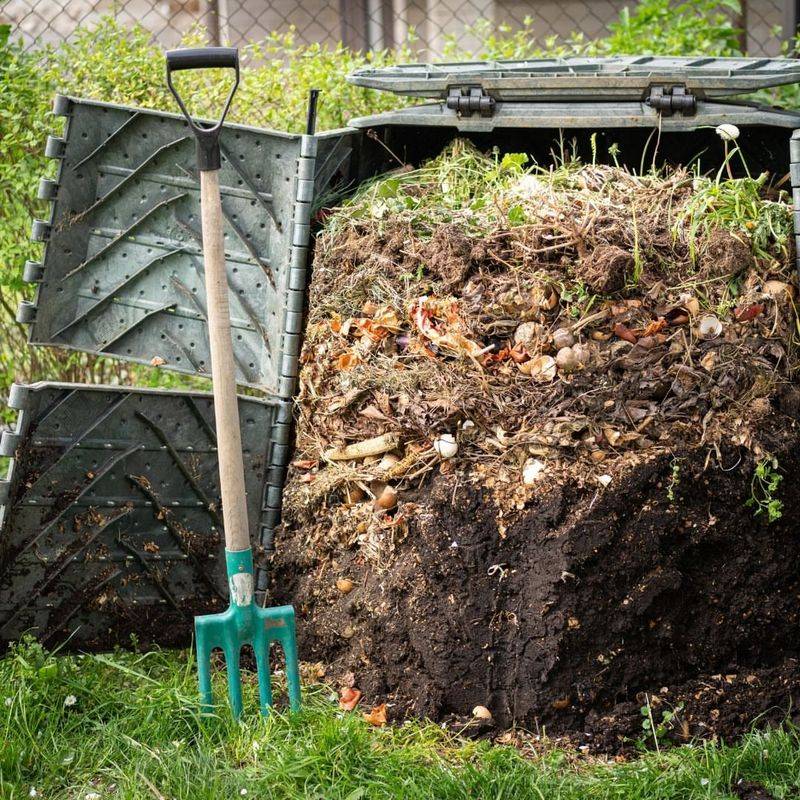
Traditional open compost heaps might disappear from suburban yards as municipalities crack down on potential pest issues. Food scraps in uncovered piles can attract rodents, raccoons, and other unwanted visitors, creating neighborhood conflicts.
Many communities now require enclosed composting systems with secure lids and bottoms. Some places are moving toward centralized municipal composting instead, where residents must use collection services rather than backyard systems. The humble compost pile joins a growing list of traditional practices facing new restrictions.
11. Certain Types of Fertilizers
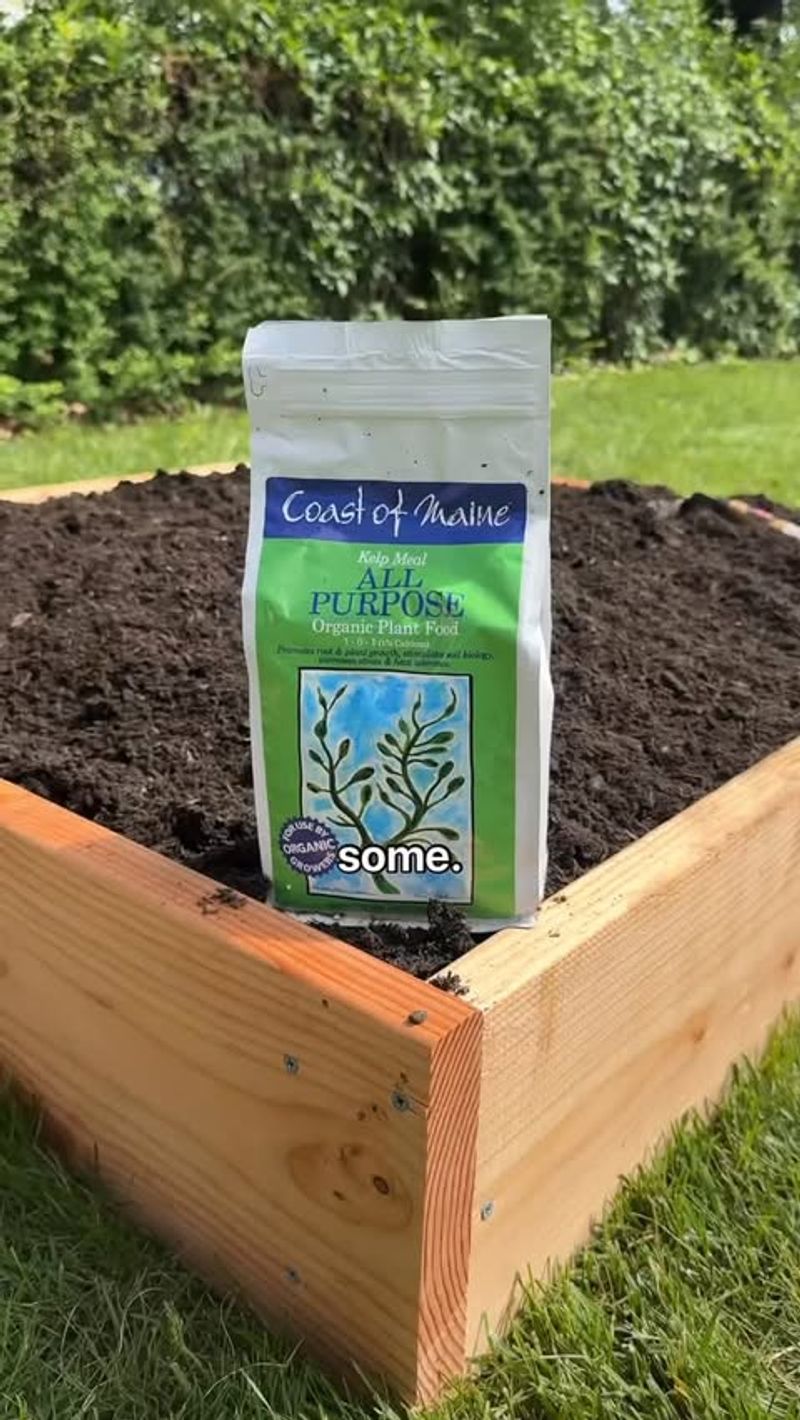
Fast-acting synthetic fertilizers are facing restrictions due to their contribution to waterway pollution. When rain washes these chemicals into streams and lakes, they cause harmful algae blooms that deplete oxygen and kill aquatic life.
Florida and Maryland have already enacted seasonal bans on fertilizers containing nitrogen and phosphorus. Future regulations may require slow-release organic alternatives or completely ban certain formulations for residential use. Soil testing might become mandatory before any fertilizer application is permitted.
12. Gas-Powered Chain Saws
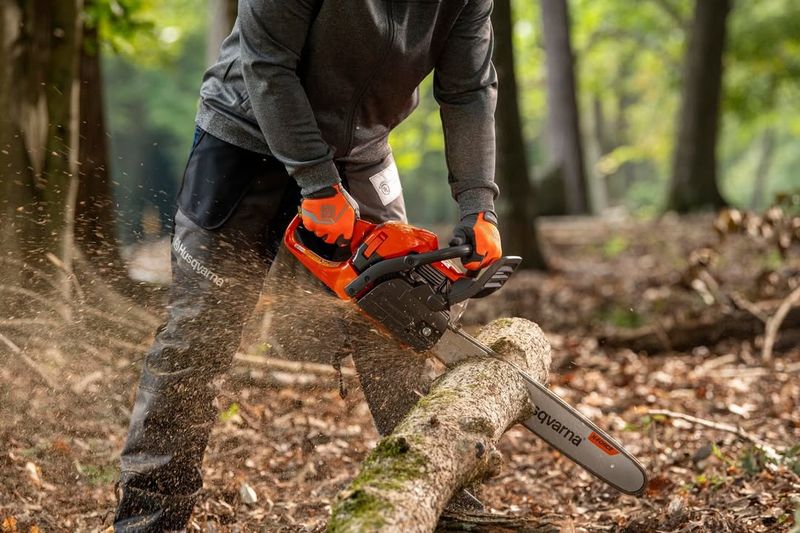
Following the pattern of other gas-powered tools, chain saws are likely next on the regulatory chopping block. Their two-stroke engines produce significant emissions, and the noise levels can exceed 100 decibels—enough to cause hearing damage.
California’s small engine ban will affect these tools by 2024, with other states watching closely. Battery technology has improved dramatically, with professional-grade electric models now available. For occasional backyard tree trimming, the days of gas-powered saws appear numbered.
13. Permanent Fire Pits Without Permits
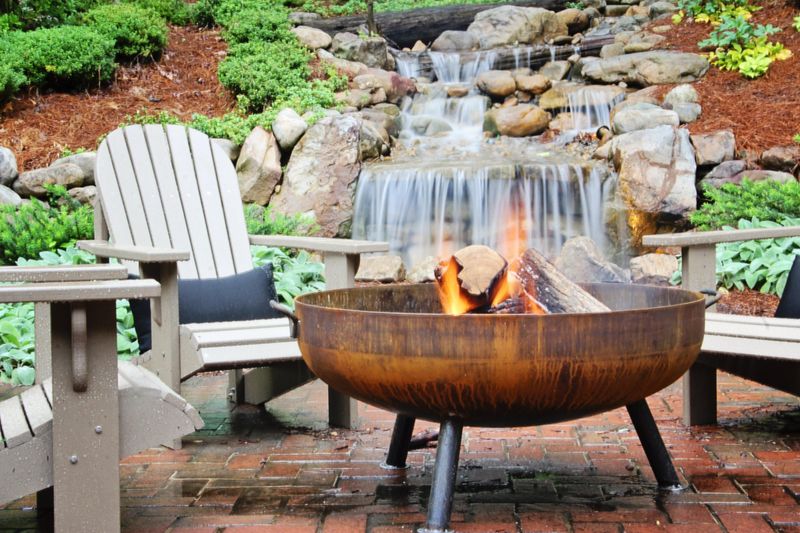
Building a permanent fire feature in your backyard may soon require extensive permitting and inspections in many areas. Fire risks in drought-prone regions have prompted stricter oversight of any potential ignition sources.
Cities in California, Colorado, and other western states have already implemented permit requirements with specific design standards. Some areas completely prohibit new installations. Temporary, portable fire pits with spark arrestors and lids may become the only legal option for backyard s’mores in many communities.
14. Certain Insecticides Harmful to Pollinators
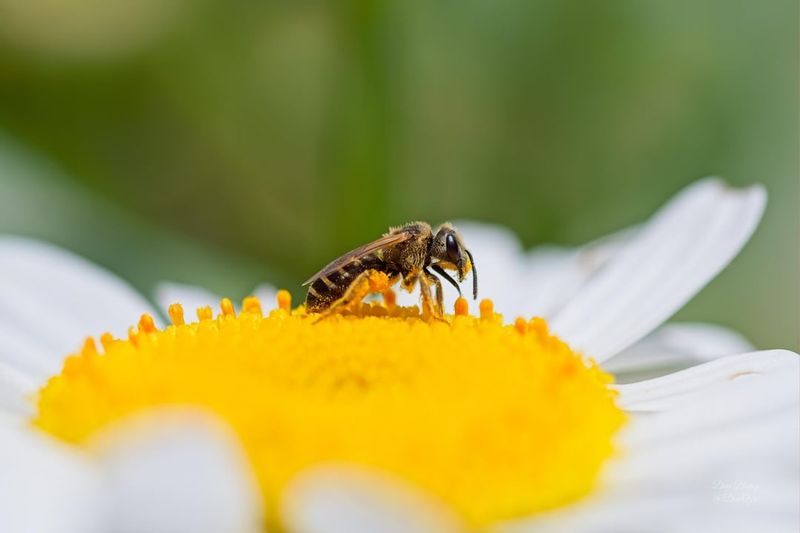
Neonicotinoid insecticides, common in many garden products, are facing bans worldwide due to their devastating effects on bees and other beneficial insects. Even when applied to plants, these chemicals become present in pollen and nectar.
The European Union has already banned outdoor use of several neonicotinoids. Many U.S. retailers have voluntarily removed these products from shelves. Homeowners will need to shift to targeted, organic pest management techniques as broad-spectrum insecticides disappear from the market.
15. Wooden Play Structures With CCA Treatment
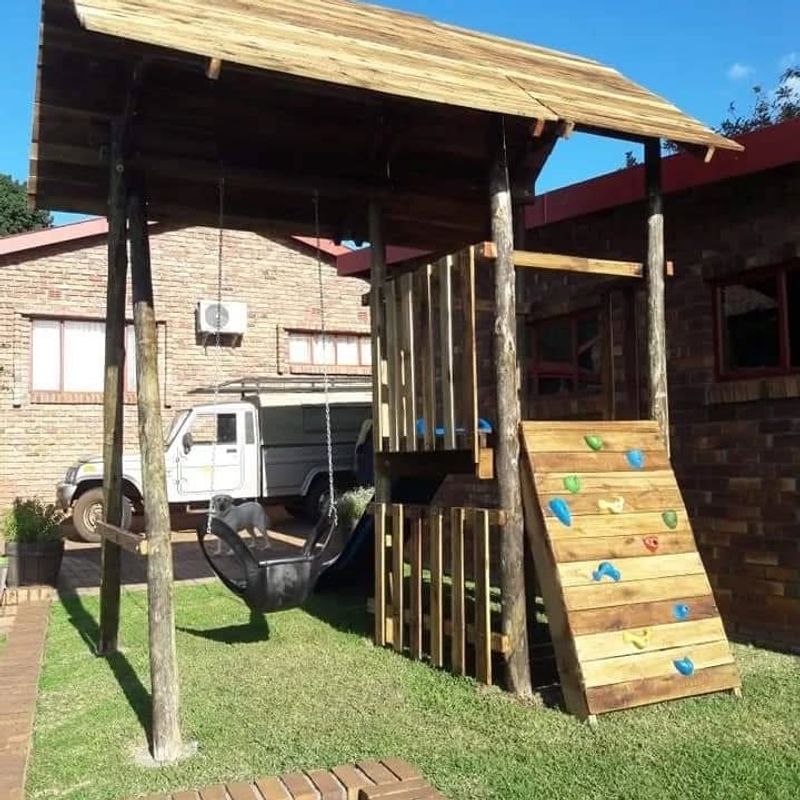
Old-style pressure-treated wood playground equipment contains chromated copper arsenate (CCA), a preservative with arsenic that can rub off on hands and clothes. While banned for new residential structures since 2003, many older play sets remain in backyards.
Some communities are considering mandatory removal of these aging structures. Parents should check wooden play equipment installed before 2004 for the characteristic greenish tint of CCA treatment. Modern alternatives use safer preservatives or non-wood materials that don’t require toxic chemicals.
16. Outdoor Wood-Fired Ovens
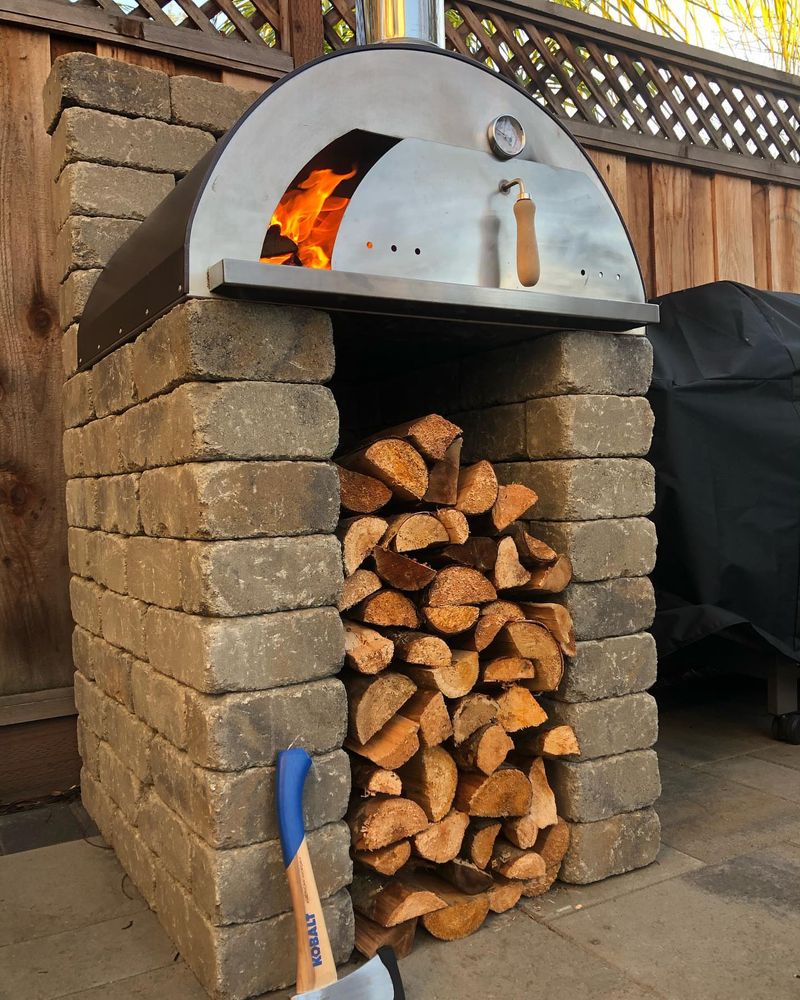
Those trendy backyard pizza ovens might face restrictions similar to wood-burning fire pits. The smoke produced contains particulate matter and other pollutants that contribute to air quality problems, especially in valleys and areas with limited air circulation.
Several California communities already require permits and inspections for installation. Some allow use only on designated “burn days” when air quality permits. Future regulations might mandate cleaner-burning natural gas or electric models instead of the traditional wood-fired versions prized by pizza enthusiasts.
17. Gas-Powered Hedge Trimmers
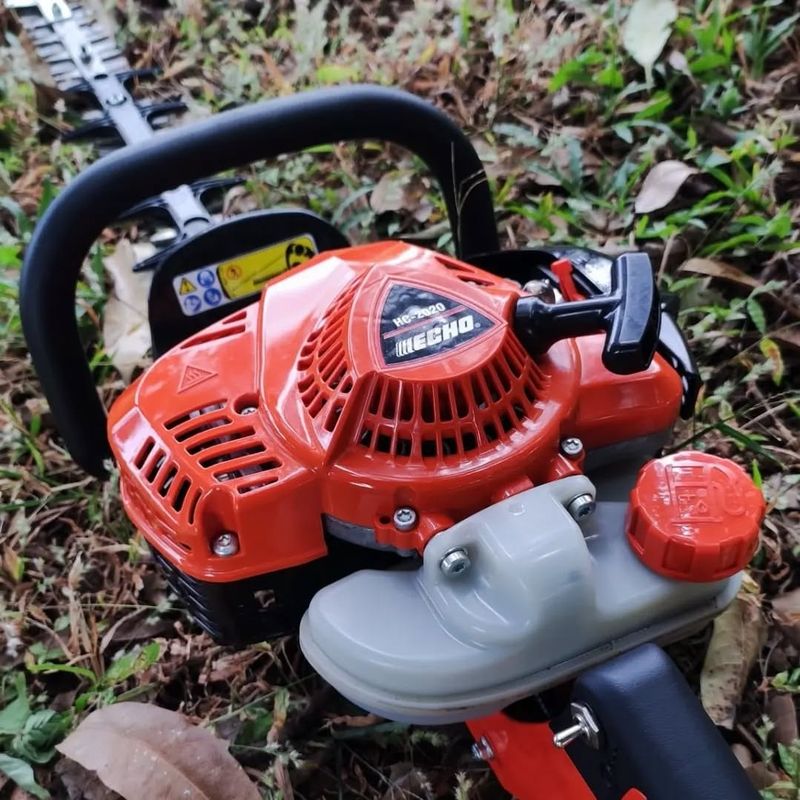
Part of the broader move against gas-powered garden equipment, hedge trimmers with two-stroke engines produce disproportionate pollution for their size. A single gas trimmer can emit the same hydrocarbons as 11 cars in the same operating time!
Following California’s lead, other states are eyeing similar restrictions on these tools. Battery technology has advanced significantly, with cordless electric models now offering comparable power and runtime. The transition will reduce both air pollution and the noise that often creates neighborhood tension.
18. Certain Types of Outdoor Paints and Stains
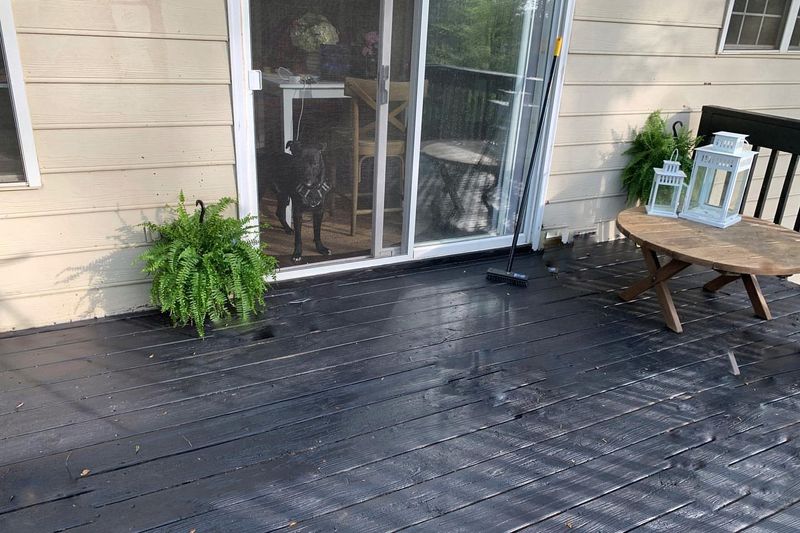
Oil-based paints and stains with high VOC (volatile organic compound) content are already restricted in many states. These chemicals evaporate into the air, contributing to smog formation and causing respiratory issues.
The EPA continues to tighten limits on allowable VOC content in consumer products. Future regulations may completely ban certain formulations for residential use. Water-based alternatives have improved dramatically in recent years, offering similar durability with far fewer harmful emissions.


